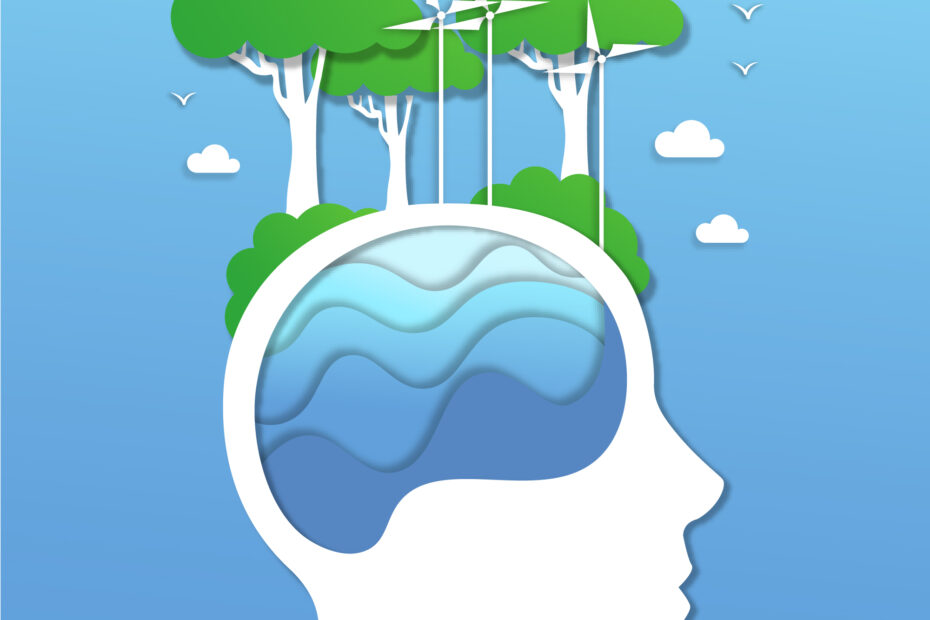Social responsibility is not only the task of adults, but also an important value for our children, which should be taught to them as early as possible.
What does social responsibility mean?
Social responsibility means that we consciously act for the benefit of our community and our environment. This can include activities that help others, contribute to the common good, and protect the environment in a sustainable manner. Social responsibility can range from small everyday actions to larger community projects.
What are the ways of social responsibility?
There are many ways for our children to learn and practice social responsibility. Here are some examples:
- Voluntary work : Our children can participate in various voluntary work, for example in nursing homes, animal shelters, or community clean-ups.
- Donate : Teach them to donate to those in need, be it clothes, toys or monetary donations.
- Environmental awareness : Encourage them to participate in environmental activities such as waste collection, recycling, tree planting, or energy and water conservation.
- Community Involvement : We encourage them to participate in local community events, forums and associations to learn more about their community and its needs.
- Helping in everyday life : Encourage them to help their neighbors, classmates, or even strangers in everyday situations, such as carrying a heavy bag or shopping.
Why is it important to teach our children about social responsibility?
Education for social responsibility has many advantages, both for children and the community:
- Empathy and Compassion : Social responsibility helps children learn how to empathize with and help others. This strengthens empathy and compassion.
- Self-esteem and self-confidence : When children see that their actions have a positive effect on others, their self-esteem and self-confidence increase.
- Community cohesion : Active community participation strengthens community ties and contributes to social cohesion.
- Developing skills : Through social responsibility activities, children can develop different skills such as problem solving, communication and leadership skills.
- Responsibility : Taking responsibility teaches children that their actions have consequences and that they can make a positive difference in the world.
How do we teach our children to be socially responsible?
- Setting an example : Our children learn the most from our example. Let’s show them that we also actively participate in the life of our community and help others.
- Joint activities : Let’s take part in social responsibility activities together. It can be joint volunteer work, tree planting or fundraising.
- Conversations : Talk to them about the importance of social responsibility and share with them why it is important to help others and protect the environment.
- Reward and recognition : Praise and recognize children’s efforts when they participate in social responsibility activities. This motivates them to participate further.
- Supportive environment : Create a home environment where social responsibility is valued and supported. Let’s encourage them to realize their ideas and start their own projects.


